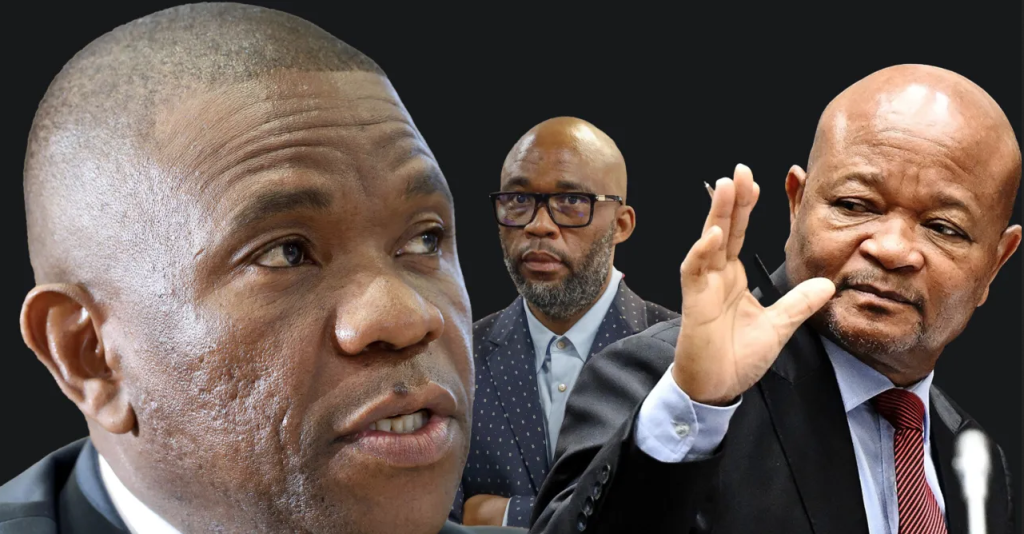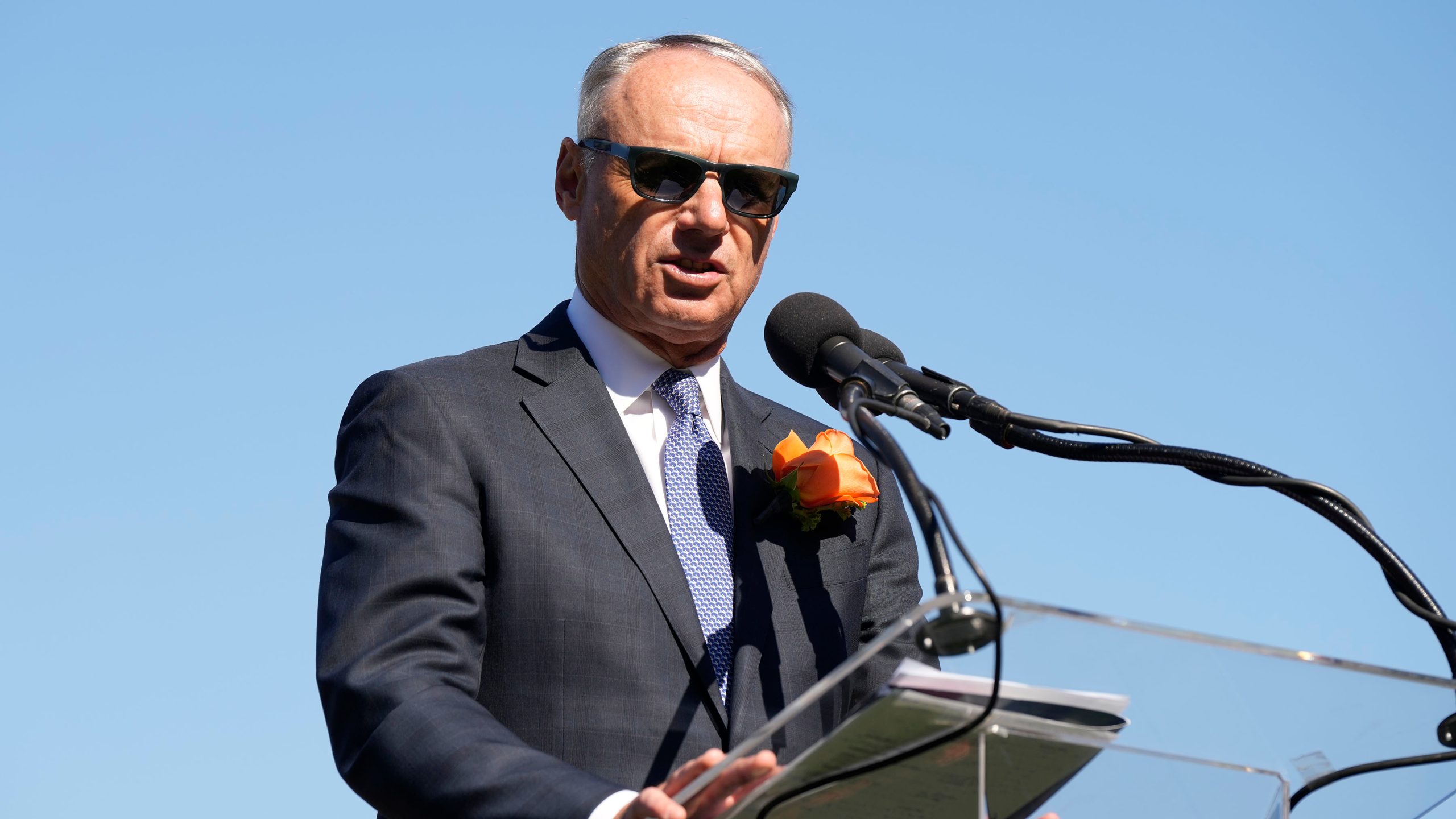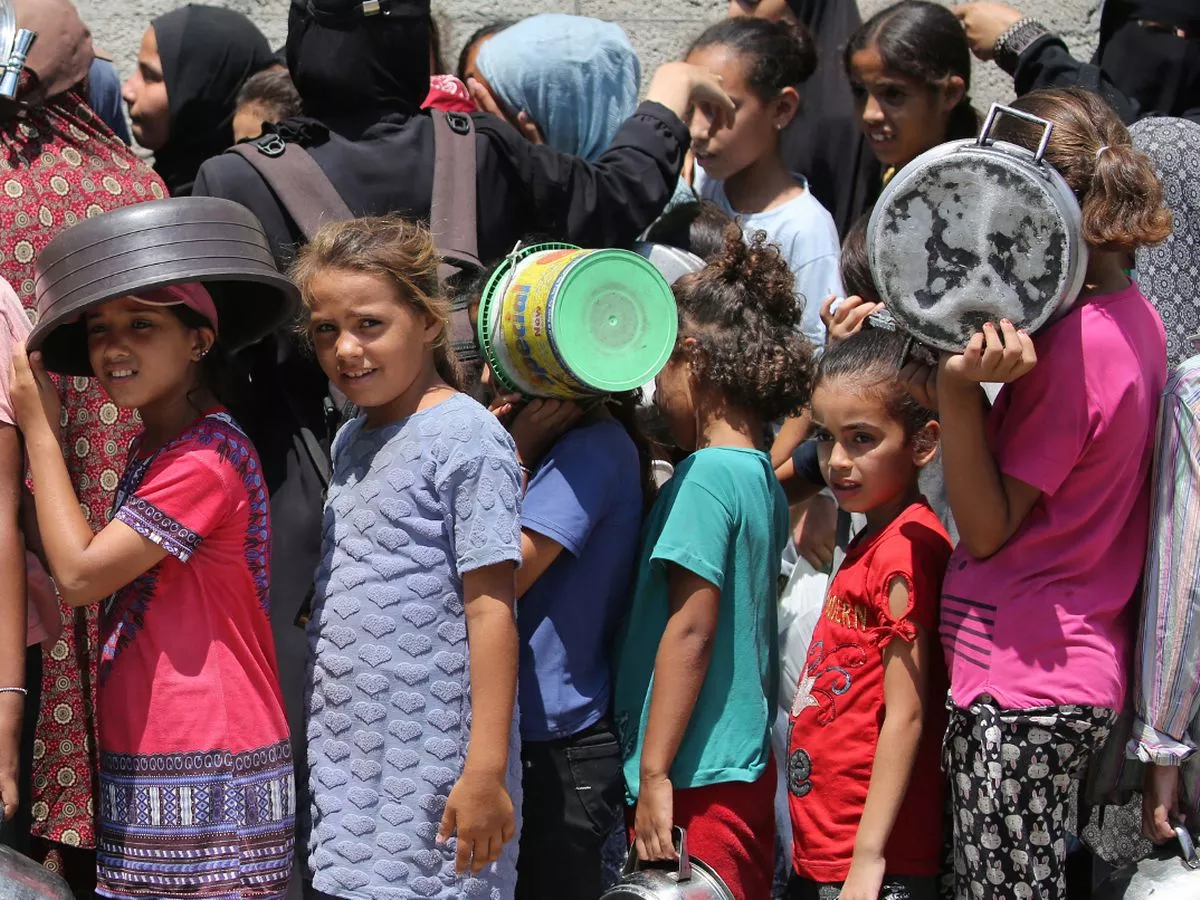‘Someone influenced’ Senzo Mchunu to disband Political Killings Task Team, Mkhwanazi tells commission
By Caryn Dolley
Copyright namibian

Murder. A secret investigation. Unusual influence over Senzo Mchunu, the police minister at the time, to disband a Political Killings Task Team. These are some of the themes and allegations that emerged during the first day of the Madlanga Commission.
Detectives investigating a murder in Gauteng that was linked to dubious Transnet tender activities were threatened, and some of their senior police colleagues offered them bribes.
The threats to the officers’ lives sparked a covert investigation, which ultimately led to the police minister at the time, Senzo Mchunu, being pressurised into disbanding KwaZulu-Natal’s Political Killings Task Team (PKTT) at the end of last year.
These are some of the allegations that the province’s police boss, Nhlanhla Mkhwanazi, made while testifying before the Madlanga Commission of Inquiry on Wednesday, 17 September.
Mkhwanazi’s testimony, which is set to continue on Thursday, exposed finer details of alleged corruption involving senior officers in the South African Police Service (SAPS) and how they may be linked to violent criminals.
President Cyril Ramaphosa ordered the creation of the commission after Mkhwanazi held a press conference on 6 July at which he made startling accusations.
These included that Mchunu sent out a directive to disband the PKTT at the end of last year to effectively protect certain crime suspects.
Mkhwanazi also alleged that in March, the (now suspended) Deputy National Commissioner for Crime Detection, Lieutenant General Shadrack Sibiya, directed that “121 case dockets under investigation” be removed from the team.
Another of Mkhwanazi’s accusations was that a drug cartel based in Gauteng was controlling a criminal syndicate with deep state links.
WhatsApp surprise
A key focus during the commission’s proceedings on Wednesday was the PKTT, which started its work in 2018.
The commission heard that at the end of last year Mchunu ordered it to be “disestablished” because it was not “adding any value to policing in South Africa”.
Mkhanawazi testified that he found out about Mchunu’s decision two days later via a WhatsApp on 2 January.
The WhatsApp, he said, was from a friend — a civilian not linked to policing.
Mkhwanazi felt Mchunu’s stance on the PKTT was “misplaced” and “wrong”.
During Wednesday’s proceedings, he provided details about what allegedly happened in the run-up to the PKTT’s disbandment.
Murder and ‘escalating threats’
Mkhwanazi referred to the April 2024 murder in Vereeniging of engineer Armand Swart, who was shot after the company he worked for unearthed corruption related to Transnet contracts.
Three suspects were arrested for the murder: Musa Kekana, Tiego Mabusela and a police officer at the time, Michael Pule Tau.
Mkhwanazi said the firearms seized in this case were forensically analysed and linked to “multiple other murders”, which pointed to a much bigger syndicate with “significant access to finance”.
When the three suspects appeared in court, the police officers involved in investigating the case tried to ensure they were kept behind bars.
But Tau was granted bail in August last year, with his health cited as a reason. (He resigned from the SAPS after his release.)
“This sparked great concern amongst investigators as well as the prosecution team because they started fearing [for] their lives, and the threat towards their lives started escalating,” Mkhwanazi testified.
“And those threats were coming verbally and, in some instances, [as] physical intimidation. At times, I’m told they were being followed as they were moving around.”
Mkhwanazi said Swart’s murder “seems to have involved organised crime, and to some degree it had involved police corruption, which had posed a risk to the investigation team … dealing with that incident.”
Things get murkier.
The Swart murder investigators noticed the allegedly “deliberate omission” of critical information that the police’s forensic services were meant to provide.
Senior SAPS officers also apparently invited them to meetings to “engage” about the case.
“Those engagements were not necessarily largely in Gauteng province … but they were invited by senior officers at the head office of detective services,” Mkhwanazi alleged.
“At times there would be … money, bribes, that were offered to them not to oppose bail in some cases that involved Tau.”
Mkhwanazi said this indicated “a high level of connection between the accused or the suspects and senior officials within the police at the head office … within [the] detective environment”.
Whistleblowing and ‘million-rand corruption’
Mkhwanazi also referred to correspondence from the senior prosecutor in the Swart case, with the surname Coetzee.
This correspondence was addressed to, among others, the national head of Crime Intelligence at the time, Lieutenant General Dumisani Khumalo (who went on to face criminal accusations charges, which he denied), and Sibiya.
Coetzee wrote that investigations into the Swart murder revealed it was “directly linked to whistleblowing” and “millions of rands of corrupt activities”.
Nearly a million rand had apparently been put up for the murder of Swart.
According to Mkhwanazi, Coetzee said it was “bizarre” that Tau had been granted bail of R10,000.
“It is clear that the lives of the investigating officers are currently in grave danger as well as the safety of police dockets,” according to Coetzee’s correspondence, which was read out by Mkhwanazi.
Counterintelligence and ‘special intervention’
He said the Swart murder investigation team first consisted of five officers, but this was later reduced to two.
After Coetzee’s correspondence, a threat assessment was conducted on the two investigating officers, and it was found that they were at risk and needed 24-hour protection.
A counterintelligence investigation — a covert probe — was launched parallel to the Swart murder investigation to try to determine where exactly the threats to the officers were emanating from.
That’s where the PKTT comes in.
Mkhwanazi said that the then CI head, Khumalo, had been worried about the two police officers who were investigating the Swart case and related issues.
“He then felt it was important for a special intervention to be made in order to protect these two investigators.”
Mkhwanazi said Khumalo had asked for law enforcement support from outside of Gauteng.
Khumalo had specifically asked Mkhwanazi to dispatch 10 members of KwaZulu-Natal’s PKTT to join Gauteng’s counterintelligence operation.
Mkhwanazi granted approval for this.
‘Someone influenced him’
Mkhwanazi said he believed this created the impression that the PKTT itself was running the Gauteng investigations into the Swart murder and related cases, which, in turn, worried those under investigation or individuals linked to those under investigation.
“It was my feeling … someone believed [this], because there were threats against the two detectives in Gauteng.
“Someone thought that the PKTT was the one that was responsible for the investigations in Gauteng towards these criminal syndicates … which involved the participation of senior police officers in the SAPS in head office as well as senior politicians and their associates.”
He believed that because of this, Mchunu was swayed into disbanding the PKTT.
“Someone influenced the minister to do this,” Mkhwanazi said.
Earlier on Wednesday, he explained that the PKTT, despite Mchunu’s disbandment directive, was still operational. DM



